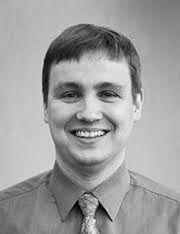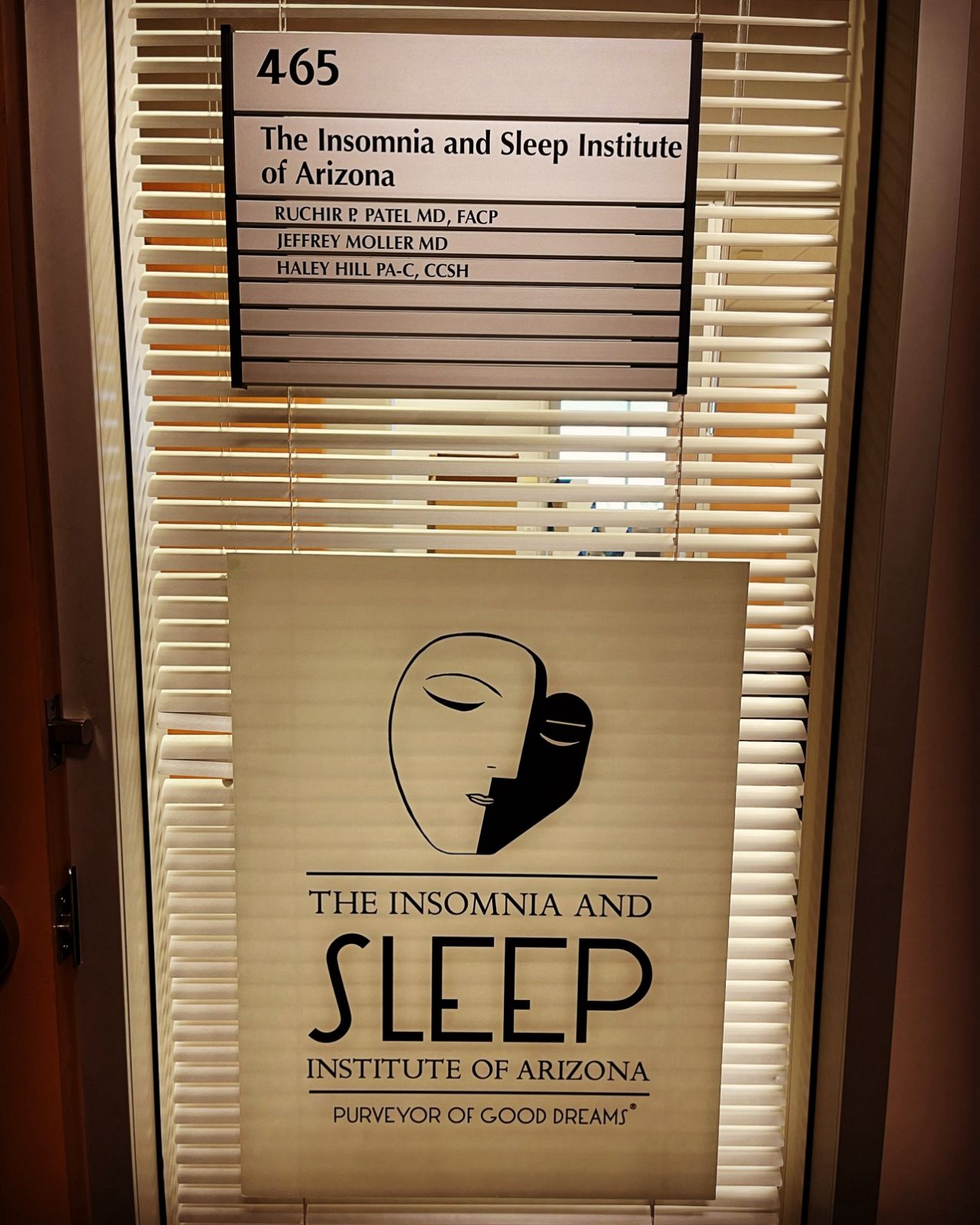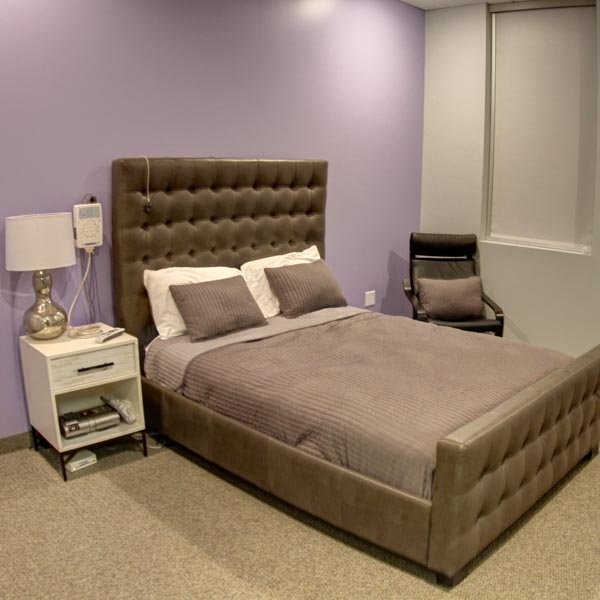The Insomnia and Sleep Institute of Arizona – Phoenix
Physician-owned and operated, The Insomnia and Sleep Institute of Arizona is home to top-rated sleep medicine specialists. Patients enjoy the same comprehensive sleep center experience and service at all of our offices, including our brand-new Phoenix office. On-staff doctors and highly-trained providers, including clinical psychologists, nurse practitioners, and physician assistants, are ready to serve you at the Phoenix clinic. Our diverse team can speak with you in English, Spanish, Hindi, Kannada, Tamil, Telugu, and more – see staff pages for details. Please let us know your preferred language or provider when requesting an appointment.
Our Location:
The Insomnia and Sleep Institute of Arizona
9305 W Thomas Rd, Suite 465
Phoenix, AZ 85037
Phone: (480) 745-3547
Fax: (480) 745-3548
Phoenix Providers include:
Tour Our Phoenix Office
We thoroughly diagnose sleep conditions in our Phoenix sleep lab
Sleep studies are essential diagnostic tools for identifying and understanding sleep conditions such as sleep apnea, narcolepsy, hypersomnia and insomnia. Polysomnography, the type of sleep study we administer most frequently, involves monitoring various physiological parameters during sleep, including brain activity, eye movement, oxygen levels, heart rate, and breathing patterns. For sleep apnea, these studies can reveal episodes of interrupted breathing and drops in oxygen levels, aiding in the diagnosis and assessment of its severity. In the case of insomnia, sleep studies help rule out underlying medical conditions that may contribute to sleep disturbances, such as sleep apnea. By providing objective and comprehensive information about sleep quality and disturbances, sleep studies enable our sleep doctors to formulate targeted treatment plans, ultimately improving the overall quality of patients’ sleep and their overall well-being.
Treatments for sleep disorders
Available at our Phoenix clinic (a partial list)
Sleep Apnea
We treat sleep apnea through various methods, with treatment choice depending on the condition’s severity. Lifestyle changes, like weight loss and positional therapy, can help alleviate symptoms. Continuous Positive Airway Pressure (CPAP) therapy is the primary treatment for moderate to severe obstructive sleep apnea, using a machine to keep the airway open. Oral appliances and surgery are options for milder cases or when CPAP is ineffective, with surgical procedures involving tissue removal or repositioning of the jaw and tongue. Positional therapy devices, lifestyle modifications, and avoiding alcohol and sedatives can also aid in symptom management. Treatment decisions are aimed at improving sleep quality, reducing daytime symptoms, and mitigating related health risks.
Insomnia
Treating insomnia with Cognitive-Behavioral Therapy for Insomnia (CBT-I) is a highly effective approach that offers a drug-free and sustainable solution. Unlike medications, which often provide only short-term relief and can lead to dependency, CBT-I addresses the underlying causes of insomnia by helping individuals identify and modify negative thought patterns and behaviors related to sleep. This evidence-based therapy includes techniques like sleep restriction, stimulus control, and relaxation training to promote healthier sleep habits and improve sleep quality. By equipping individuals with the skills to manage their insomnia naturally, CBT-I not only offers long-term benefits but also reduces the need for prolonged medication use, making it a valuable and holistic treatment option for insomnia.
Snoring
A sleep doctor plays a crucial role in diagnosing and treating snoring, often a symptom of underlying sleep disorders such as sleep apnea. To begin the treatment process, the doctor conducts a comprehensive evaluation, which may include a thorough medical history assessment, physical examination, and in some cases, home or in-laboratory sleep studies. These studies, like polysomnography, monitor various physiological parameters during sleep to pinpoint the exact cause of snoring and assess for sleep apnea. Once diagnosed, the sleep doctor can tailor a treatment plan that may involve lifestyle modifications, such as weight management and sleep position adjustments, as well as recommending specialized devices like CPAP (Continuous Positive Airway Pressure) machines. Additionally, the doctor can provide guidance on behavioral changes and sleep hygiene practices to help alleviate snoring and improve overall sleep quality, ensuring that patients receive comprehensive care for their sleep-related concerns.
Restless Leg Syndrome
Restless Leg Syndrome (RLS) is managed through a multifaceted approach involving lifestyle changes, medications, and other therapies. Lifestyle modifications such as regular exercise, avoidance of triggering substances, and maintaining a consistent sleep schedule can help alleviate symptoms. Medications like dopamine agonists or alpha-2 delta ligands may be prescribed to manage RLS symptoms, with iron supplements considered in cases of iron deficiency. Sleep medications or lifestyle adjustments, including gentle leg exercises and stress reduction techniques, can also contribute to symptom relief. Addressing underlying medical conditions is crucial, and individuals should collaborate closely with healthcare providers, especially neurologists or sleep specialists, to create a personalized treatment plan tailored to their specific needs, as treatment effectiveness may vary among individuals.










